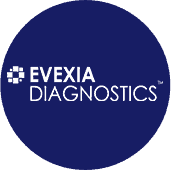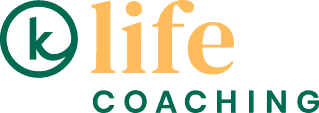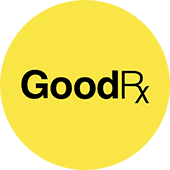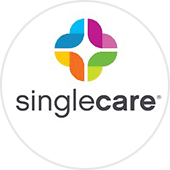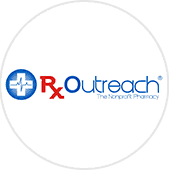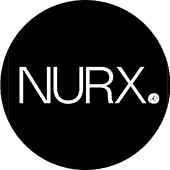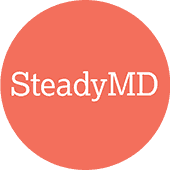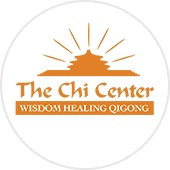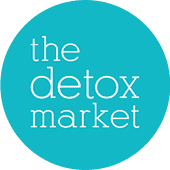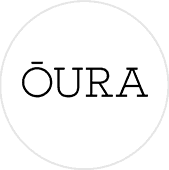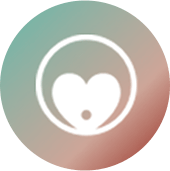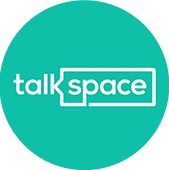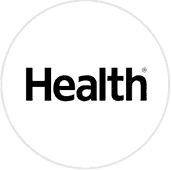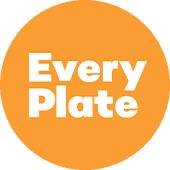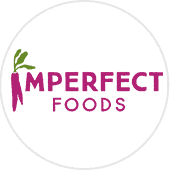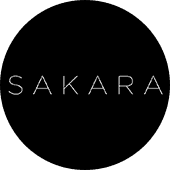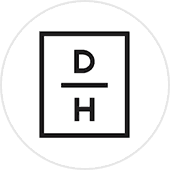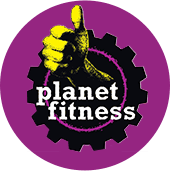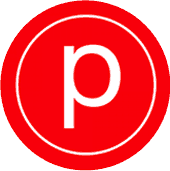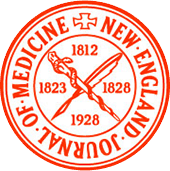If you’re like most Americans, you have either been forced into or are reluctantly considering switching to a high-deductible insurance plan.
In March’s Evolution of Medicine Functional Forum, our medical director Dr. Jeff Gladd, showed how quickly deductibles were rising. And according to the CDC over 40% of Americans have high-deductible insurance plans (and no doubt, that number has increased in recent weeks)[note]https://www.beckershospitalreview.com/payer-issues/cdc-nearly-40-of-us-adults-have-high-deductible-health-plans.html[/note].
While the majority of the nation is dissatisfied with this level of coverage, there are a growing number of people who have discovered a flip side—one that lets them save big with these high-deductible plans, while procuring better quality healthcare (and no, we’re not talking about health savings accounts).
The trick is knowing how to access these cost-saving work-arounds within the confines of a high-deductible plan.
In today’s article, we reveal the top 5 hacks to save money with a high deductible plan while creating better quality healthcare and self-care.
#1: Go Beyond Your Yearly Physical
We have been told that so long as we get our annual physical, which is typically included in a high-deductible plan, and our lab markers fall within the “normal statistical range” that our health is “fine”.
However, with chronic disease rates at an all-time high, it’s becoming painfully obvious the annual physical does little to prevent the #1 cause of rising healthcare costs: chronic disease.
What’s missing?
The big problem is, standard lab-marker ranges only represent the lab values of 95% of the population. And, there’s an awful lot of disease brewing within the 95%…which makes “normal ranges” look pretty bleak.
Also, “normal” doesn’t necessarily mean “optimal” or “functional”.
You could have low-normal TSH levels, for example, and be told your thyroid is fine. When it really isn’t functioning optimally…and deep down you know it.
The solution? Find a provider who can help you go beyond your yearly physical by running advanced functional medicine lab work.
These advanced lab panels are designed to detect problems long before a full-blown condition takes root.
Functional medicine providers have been trained in interpreting lab panels beyond “normal ranges”, which gives them key insights into symptomology, pathology and what lifestyle changes can bring your body back to health.
At kNew Health, our members receive deep discounts on local lab work which is reviewed by our medical team.
By going directly to these labs and cutting out all the middle men, you save money and get the best service.
Advanced lab tests may require a little more work to obtain, but by making the extra effort to detect disease markers early on, you will save tons of money in the long-run.
#2: Shop around for the best price on quality healthcare services
Shopping around for the best price on quality healthcare procedures is not something most Americans are used to. After all that’s the job of our insurance companies, right?
Wrong!
For the first time in history, hospitals and out-patient centers everywhere are charging cash-buyers less than their insurance companies.
It’s true. Per expert advice cited in the recent Wall Street Journal article: “How to Cut Your Health-Care Bill? Pay Cash”[note]https://www.wsj.com/articles/how-to-cut-your-health-care-bill-pay-cash-1455592277[/note] an MRI at your local hospital could cost you over $2000 out-of-pocket if you paid with your high-deductible insurance plan.
However, the self-pay rate for that very same MRI could be as little as $600.00 if paid in cash on the day of service.
Why are hospitals and out-patient centers doing this? Part of it is due to new government regulations that protect against price-gouging, but the big reason is it costs them a heck of a lot less when they don’t have to jump through insurance administrative hoops.
And you need to know how much that procedure will cost your insurance company, because that could wind up costing you more than your deductible. Which could mean you may very well be better off paying cash.
Also, hospitals are typically the most expensive places to go for procedures and testing. Our medical director, Dr. Jeff Gladd, often sends his patients to private surgery centers, which saves them thousands on procedures.
Finally, keep in mind some procedures may be worth a trip out of town. Small-town hospitals often charge less than big-city ones and still provide the same quality of care.
#3:Utilize the 3Cs of care: content, coaching and community
Progressive doctors are all catching wind of what’s known as the 3Cs in the future of healthcare.
The first is: Content.
Content, like what you’re reading right now, is an incredible free source of healthcare information. The trick is finding reputable content about preventative and predictive healthcare to sink your teeth into.
Some of our favorite resources for quality health content include:
- Specific Carbohydrate Diet, www.scdlifestyle.com
- Chris Kresser, www.chriskresser.com
- Mark’s Daily Apple: www.marksdailyapple.com
- Mark Hyman: www.drhyman.com/
- Kara Fitzgerald: www.drkarafitzgerald.com
- David Perlmutter: www.drperlmutter.com
Books (not free, but very affordable)
- A Mind of Your Own by Dr. Kelly Brogan, Amazon.
- Wheat Belly by Dr. William Davis, Amazon.
- Grain Brain by Dr. David Perlmutter, Amazon.
- Autoimmune Fix by Dr. Tom O’Bryan, Amazon.
- The Great Cholesterol Myth, Dr. Stephen Sinatra, Amazon.
- Healing the New Childhood Epidemics, Dr. Kenneth Bock, Amazon.
- The UltraMind Solution, Dr. Mark Hyman – great for anxiety sufferers and general FM on how issues in the systemic body create neurological issues. Amazon.
- Stop the Thyroid Madness, Janie Bowthorpe, Amazon.
- Why Stomach Acid is Good for You, Dr. Jonathan Wright, Amazon.
- The Inside Tract, by Dr. Gerard Mullin, Amazon.
The second is: Coaching.
Studies have shown those who work with a Health Coach, like those at kNew Health, have better health outcomes and save money on costly procedures[note]https://www.ncbi.nlm.nih.gov/pubmed/20860506/][/note].
This is because a Health Coach acts as a mentor to help guide you to stay on track with your healthcare plan and achieve your health goals.
To learn more about the health benefits of Health Coaching, check out our previous article: “Health Coaching: An Affordable Layer Between You and the Medical System”.
The third is: Community.
While we hear a lot about how diet, nutrition and a sedentary lifestyle contribute to chronic disease, the tremendous health impacts of community is often overlooked.
Case in point, studies have shown that social isolation and loneliness can have a greater
impact on our health, mortality and expenditures than smoking or diet[note]http://journals.sagepub.com/doi/abs/10.1177/1745691614568352?journalCode=ppsa[/note]
The point is, the quality of our face-to-face relationships has been shown to dramatically impact our level of health and our risk-factors for incurring costly disease.
The best way we know to increase your social bandwidth is to use online resources to make offline connections.
For example, sites like Eventbrite and Meetup are wonderful places to find groups of like-minded people exploring all sorts of interests. You can also volunteer, join and church or meditation group or set up a Meetup group of your own.
However you do it, be sure to treat the quality of your social life with the same care as your nutrition, exercise and stress levels.
#4: Use this site to find the cheapest sources of medications
While we advocate a drug-free, functional medicine approach to healthcare as much as possible, we understand many people require medications to help control existing conditions (medications which your high-deductible plan may or may not cover).
And, if you have a chronic disease, the cost of those medications could increase your insurance rates quick.
If you currently require medications to maintain your health, check out: www.goodrx.com where you can plug in your zipcode to find the best price on medications in your area.
And, if you’d like to improve your health to a level in which you may be able to reduce or eliminate your need for medication, follow the advice in the next point…
#5: Supplement with functional medicine resources at an affordable rate
Finally, when it comes to saving on a high-deductible plan an ounce of prevention is worth a pound of cure.
Functional medicine has been called “the future of medicine” for good reason, it is incredibly effective at addressing ailments at their root cause whilst preventing future chronic disease.
Functional medicine practitioners, like those practicing at The Cleveland Clinic’s Center for Functional Medicine, and our team at kNew Health, use a systems-based medical approach that goes beyond symptoms to address the root cause of disease.
This results is more effective interventions that extend lives, prevent chronic conditions and give you back your power of health…which saves ample money on healthcare expenditures.
While functional medicine care can be costly, at kNew Health our unique membership programs allow you to have access to quality functional medicine care at an incredibly affordable rate.
In fact, many of our members use their kNew Health membership as an affordable “natural supplement” to their high-deductible plan.
To learn more about how we use functional medicine to save our members money click here.
Though high-deductible plans are often seen as a compromise within a broken system, the truth is they can be your secret weapon to saving money while achieving your ideal health.
References:


